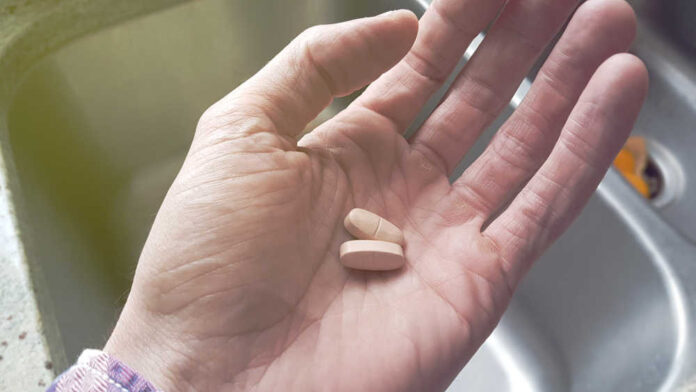
The common cold is a viral infection that affects the upper respiratory system, including the nose, throat, and sinuses. While it is generally not as severe as the flu, it can still cause a lot of discomfort and disrupt your daily routine. Here are five tips from experts to help you combat your cold and get back to feeling your best:
Using Over-the-Counter Meds Safely
Over-the-counter medications can be helpful in relieving the symptoms of a cold, but it’s important to use them safely. Always follow the instructions on the label and be aware of any potential interactions with other medications you may be taking. Ibuprofen and acetaminophen can help ease the aches and pains of a cold and are generally safe to use in moderation.
Some experts warn against using decongestants and cough suppressants since coughing and sneezing are important ways for the body to expel the virus. They may help you get more restful sleep at night, but they should be used sparingly.
Stay Hydrated
Drinking plenty of fluids is important for helping to thin out mucus and flush out the virus from your body. Water, broth-based soups, and electrolyte-rich sports drinks can all help to keep you hydrated.
Hot tea can also be a great option, as the heat and steam can help open up your sinuses and reduce congestion. Some teas can also help relieve nausea and other uncomfortable symptoms associated with a cold.
Avoid alcohol and caffeine, which can dehydrate you and weaken your immune system.
Get Plenty of Rest
Rest is crucial for helping your body fight off the virus and recover. Make sure to get plenty of sleep and take time to rest during the day if you need it. Avoid overexerting yourself and listen to your body’s needs.
Eat Healthily
Eating a healthy, balanced diet can help support your immune system and give your body the nutrients it needs to recover.
Although you may not have much of an appetite when you are sick, focus on eating nutritious fruits and vegetables when you are able to eat.
Avoid sugary and processed foods, which provide little nutrition and may weaken your immune system.
Practice Good Hygiene
Good hygiene practices can help prevent the spread of the virus and protect others from getting sick. Wash your hands thoroughly and frequently with soap and water, and avoid touching your face. Cover your face with a tissue or your elbow when you cough or sneeze, and dispose of used tissues promptly.
If you are sick, stay home and isolate yourself from others as much as possible to avoid spreading the virus.






















